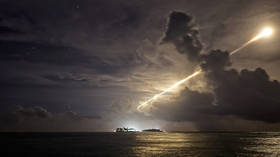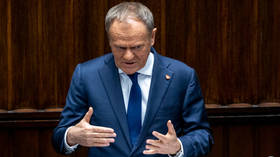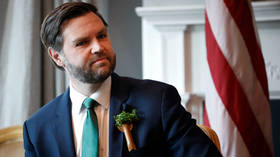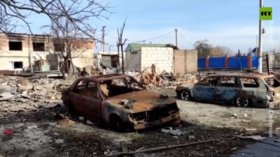Russia ready to discuss Ukraine conflict with Trump – Lavrov

Moscow is open to holding consultations with the administration of incoming US President-elect Donald Trump on resolving the Ukraine conflict, Russian Foreign Minister Sergey Lavrov has said.
Speaking at an end-of-year online press conference with national and international journalists on Thursday, Lavrov added that Russia hopes that Trump’s team, including his special envoy for Ukraine and Russia, Keith Kellogg, will “get to the root causes of the conflict.”
Lavrov reiterated that Russian President Vladimir Putin has repeatedly expressed Moscow’s openness to holding negotiations on how to resolve the hostilities, and stressed that this commitment continues to hold true. He noted, however, that Russia would engage in talks only if they are “meaningful” and take into account the root causes of the conflict and the principles laid out by Putin earlier this year.
“These are not preconditions. They are a requirement to fulfill what everyone signed up to when they adopted the UN Charter,” the minister emphasized.
In June, President Putin stated that Russia would be willing to begin peace negotiations with Ukraine as soon as Kiev committed to not joining NATO and withdrew its troops from all Russian territories, including the Donetsk and Lugansk People’s Republics and the regions of Kherson and Zaporozhye. This also includes Kursk Region, where Ukrainian troops launched an incursion in August.
Lavrov also stressed that Moscow would not be satisfied by “empty talks,” noting that a lot of the suggestions about resolving the Ukraine conflict include the mention of establishing “some kind of truce.” According to the Russian foreign minister, it “isn’t particularly hidden” that this truce would be used by Ukraine to regroup, receive more weapons from the West, and carry out additional mobilization.
“A truce is a road to nowhere,” Lavrov said. “We need final legal agreements that will fix all the conditions for ensuring the security of Russia and the legitimate security interests of our neighbors, but in a context that will secure the impossibility of violating these agreements in an international legal manner.”














